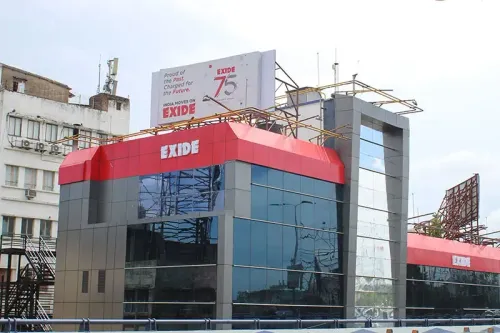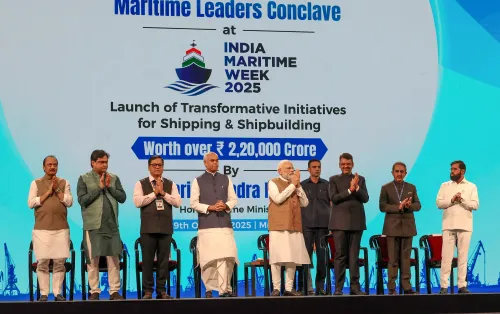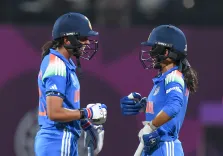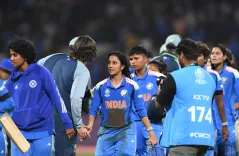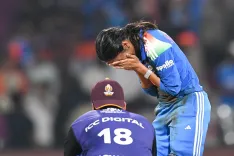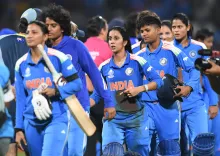How Successful is CMFRI's Mussel Farming Project?
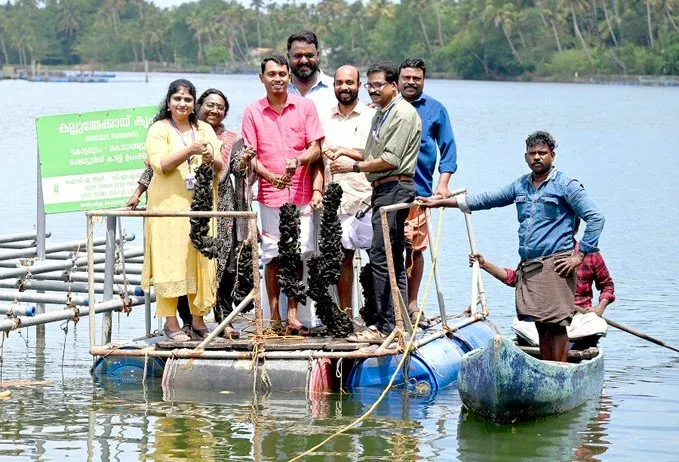
Synopsis
Key Takeaways
- 1.7 tonnes of mussels harvested successfully.
- CMFRI supports low-income families through sustainable aquaculture.
- Average market price of mussels between Rs 200-250 per kg.
- Potential for expansion into more regions.
- Successful community empowerment model.
Kochi, May 23 (NationPress) The ICAR-Central Marine Fisheries Research Institute (CMFRI) has achieved remarkable success with its mussel farming program aimed at supporting low-income households in Kodungallur, Kerala. Two self-help groups, comprising 15 families, successfully harvested 1.7 tonnes of mussels during a harvest mela held on Friday.
This six-month project in the Kodungallur backwaters was part of the CMFRI's Scheduled Caste Sub Plan (SCSP), designed to elevate the living conditions of SC families.
CMFRI’s initiative to popularize this cost-effective farming technique among local communities has yielded outstanding results, with farmers enjoying a bountiful harvest due to excellent growth rates.
The shell-on mussels are projected to sell for a market price ranging from Rs 200-250 per kg.
The institute established two mussel farms using GI pipes for 15 SC families in the Kodungallur Municipality last December, providing all necessary scientific and technical support to enable the community to engage in sustainable aquaculture.
CMFRI scientists consistently monitored the farming process and assisted farmers in enhancing growth.
The Harvest Mela was inaugurated by Kodungallur Municipality Vice Chairman, V.S. Binil, who praised the initiative, stating it would significantly boost livelihood opportunities and elevate living standards in the community.
CMFRI scientists emphasized the potential of this farming model to empower marginalized coastal communities.
The impressive outcomes of this harvest, marked by a superior growth rate, suggest that this economical model could be expanded into other regions.
Recognizing this opportunity, CMFRI intends to promote this technology to uplift and benefit a broader community.
Local representatives have expressed their commitment to extend this model into additional areas.
Mussel farming represents a less intensive variant of aquaculture.
The ICAR-CMFRI was established by the government in 1947 under the Ministry of Agriculture and Farmers Welfare and became part of the ICAR family in 1967. Since its inception, it has evolved into one of the leading tropical marine fisheries research institutes globally.

